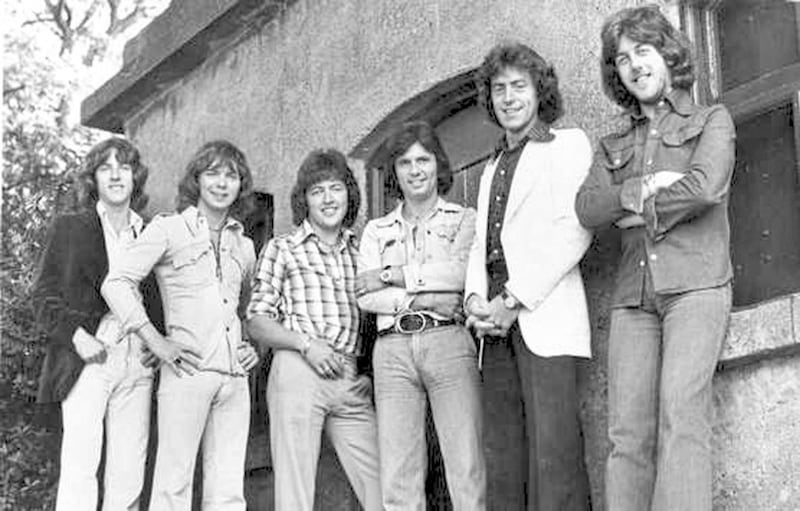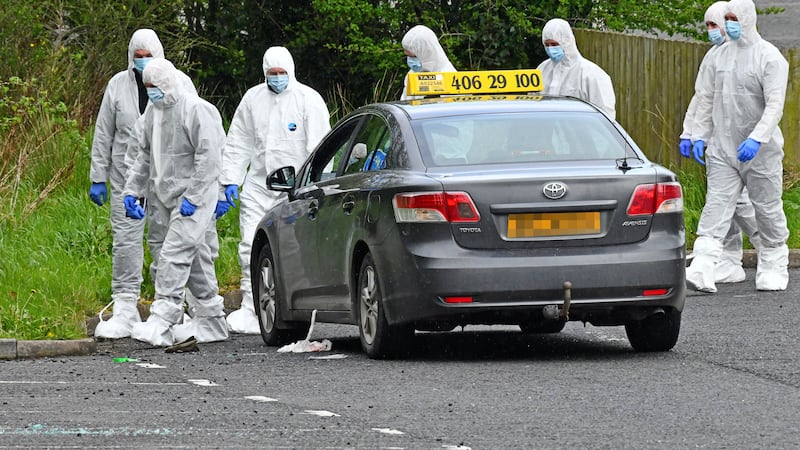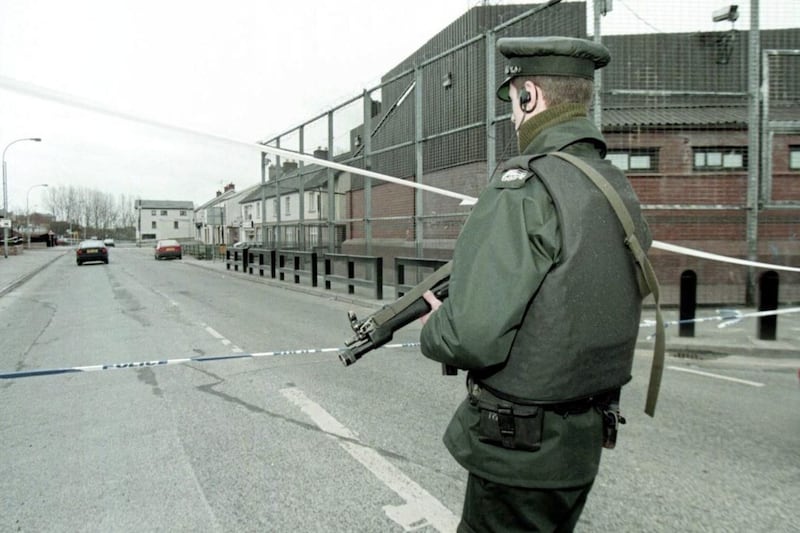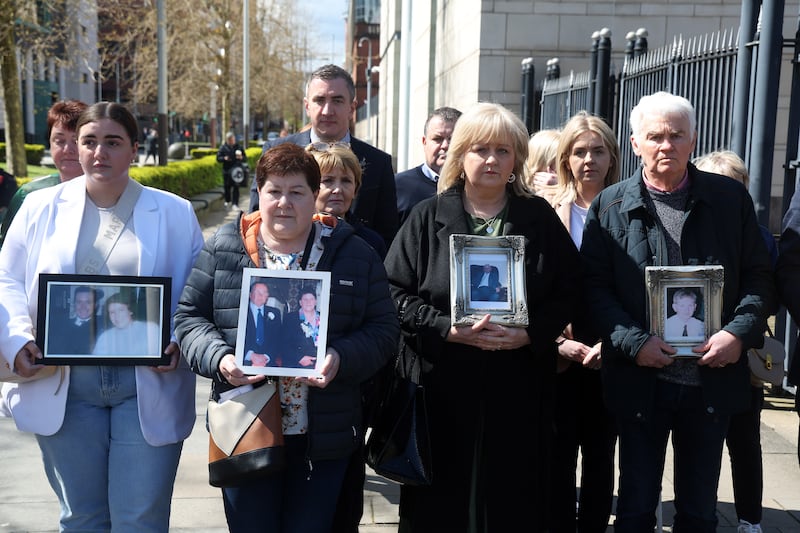A survivor of the Miami Showband massacre has told how he was ‘retraumatised’ after being turned down by a Troubles pension scheme.
Stephen Travers was speaking after a Victims’ Pension Board (VPB) appeal overturned an earlier decision not to award him a payout.
Three members of the band, including lead singer Fran O’Toole, died when loyalist killers stopped their minibus at a bogus UDR check point near Banbridge in Co Down in July 1975.
The attack was carried out by members the Glenanne Gang, which included RUC, UDR and UVF personnel.

Two loyalists also died when the bomb they were planting exploded prematurely.
Mr Travers was among conflict victims who applied to the Troubles Permanent Disablement Payment Scheme, also known as the Victims’ Payments Scheme, when it opened in August 2021.
The scheme is operated buy the VPB, which determines applications.
In 2022 Mr Travers received damages as a result of High Court civil action against the Ministry of Defence (MoD) and PSNI.
He said that a panel later considered his case but included the High Court settlement figure in its calculations resulting in a “greatly reduced” payment.
The peace campaigner said the pension panel later referenced the “compensation” received from the court and whether his award from them should be adjusted under their regulations.
He added the panel concluded that previous payments, including more than £20,000 in 1978 and £450,000 in 2022 were covered under the regulations.
Mr Travers said he initially spotted that the board had wrongfully considered the entire settlement figure to be ‘compensation’ for my injuries without having any breakdown of the global settlement figure”.
He also said the MoD confirmed in writing to the VPB “that they had paid me ‘compensation’ for my injuries despite the fact that the settlement was agreed “without admission of liability”.
The original decision was reversed on appeal earlier this year.
Mr Travers said he his successful appeal “is expected to benefit many others”.
“While I am grateful to The Victims’ Payment Board appeal panel for agreeing with me and overturning the determination of the original VPB panel, I should never have been subjected to the severely re-traumatising ordeal of the appeal since, in my case, instead of acknowledging my suffering and trauma, the Troubles Permanent Disablement Payment Scheme prolonged and greatly added to them,” he added.
Sam Bernard, of KRW Law, said the case was an “important precedent- setting ruling from the appeals panel”.
“The anxiety suffered by Mr Travers waiting on his High court civil case to resolve was compounded then by the VPB refusing his Troubles Payment Application,” he said.
“It was unfair that he was penalised like this for taking a civil case alleging collusion.
“The original VPB Refusal decision had it not been reversed amounted to a deterrent for many others taking legal action over conflict- related incidents.”
Mr Bernard said he was confident that the VPB will now assess a similar application by another showband survivor, Des McAlea, “in line with this landmark ruling”.
A spokesman for the VPB said while they are unable to comment on individual cases, “we are pleased that the appeal process which exists to maximise an applicant’s chances of receiving a just assessment of their case has indeed been shown to work well”.
“We would remind all applicants for a Troubles Permanent Disablement Payment that they have recourse to the appeal process if they are not satisfied with an outcome,” he added.





